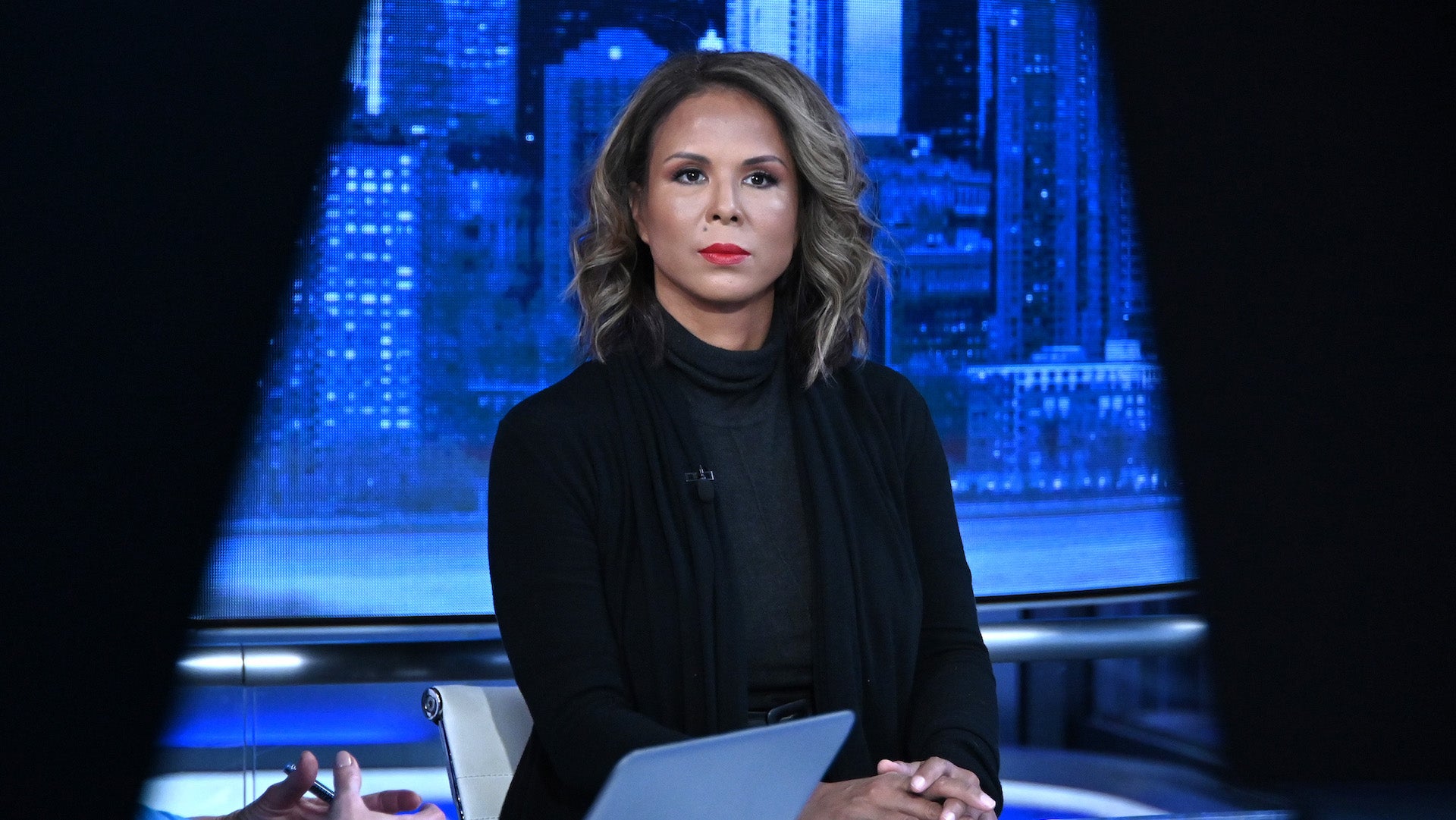
When writer and activist Sil Lai Abrams discovered on Twitter that the man whom she alleges raped her, was going to be on The Breakfast Club, that sparked a fire in her belly.
Black women know that feeling. We know that fire intimately. We know how bad it burns. We know how to hide it, how to swallow it, even how to stamp it out—if we want to. If we have to. Black women have gotten used to navigating life without safe spaces, even when a sign reads “Safe Space for Black Women Right Here.” Even in our own communities. Even from the men we literally create inside our wombs, nurse at our breasts and raise to love. And even when they end up loving everyone else just a little bit better than they love us.
“I was just like, What? I was just so stunned,” Abrams told ESSENCE a few days after Simmons went on the morning show, hosted by DJ Envy, Charlamagne tha God and Angela Yee. It was also a few days before she herself was invited to the show to push back on Simmons’s denials.
The music mogul’s appearance came just two weeks after On The Record, a documentary detailing years of alleged sexual abuses by Simmons, premiered on HBO Max. Although he apologized and stepped down from his companies back in 2017 after screenwriter Jenny Lumet accused him of sexual assault, Simmons has continually denied allegations of rape, saying in the documentary, “I don’t have a stitch of violence in me. I would never hurt anybody.”
“When you get upset, that fire, you feel it emotionally. It was in my gut, and my stomach got queasy, and I got anxious, and I just immediately started firing off tweets, blasting the show for their decision to do this,” Abrams continued.
For the former model, The Breakfast Club‘s interview speaks to a larger problem within the Black community: The refusal to center Black women wholly and completely, especially those who are survivors of sexual assault at the hands of Black men. To hear their stories first. To believe them. To ride for them.
“Those women are more than welcome to come [to the show],” Charlamagne said on June 10 after the interview aired and it received swift backlash. “PR gotta reach out. We didn’t reach out to Russell.”
Yee, who eventually held an hour-long conversation with Abrams that aired Wednesday after HBO reached out to the morning program, defended the decision to host Simmons, telling Variety that she doesn’t “believe interviewing someone is a cosign.”
“I know how difficult it is to be not just a woman, but a Black woman, and I know how much we get attacked and our voices aren’t heard,” she stated. “I experience it every single day.”
Abrams is now calling for Black media, especially forums like The Shade Room, to provide “opportunities for sexual assault survivors [to] share their side.”
“Because one of the things that we want to combat is the erasure of our voices and the complicity that exists within media overall in not covering our stories,” she said. “We want to break through that wall of silence and to try to level the field so that when a woman comes forward, or a survivor irrespective of gender, comes forward, that they do get the opportunity to be heard.”
And while Abrams understands that news outlets “can’t publish just anyone’s assertions, at the same time, if a story has gone through the rigorous vetting that all of our stories in the film have gone through, then it’s safe to say, you can cover this.”
As for Simmons, Abrams said she wants “another apology”—a public one.
“I’d like an opportunity for restorative justice,” she added. “The very first tenet of restorative or transformative justice is for a perpetrator to acknowledge the harm that they have done.”